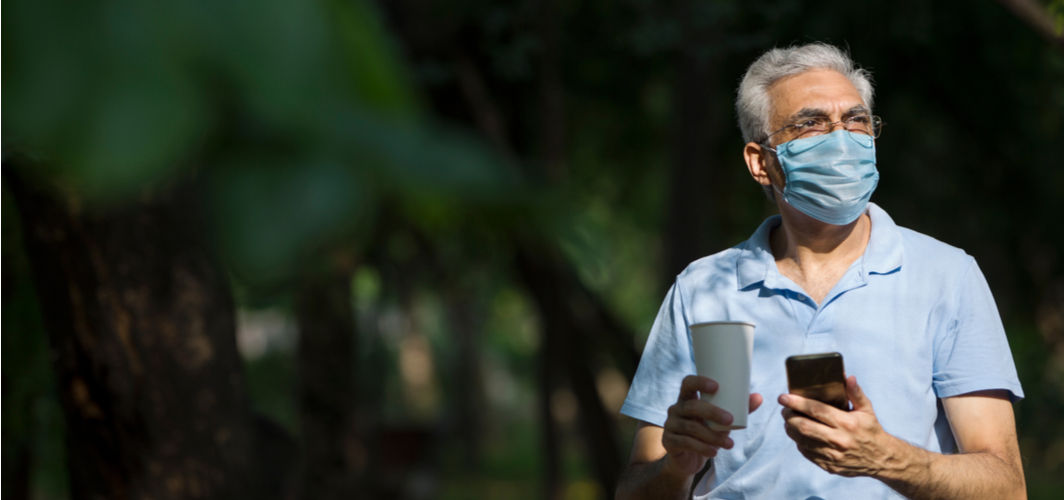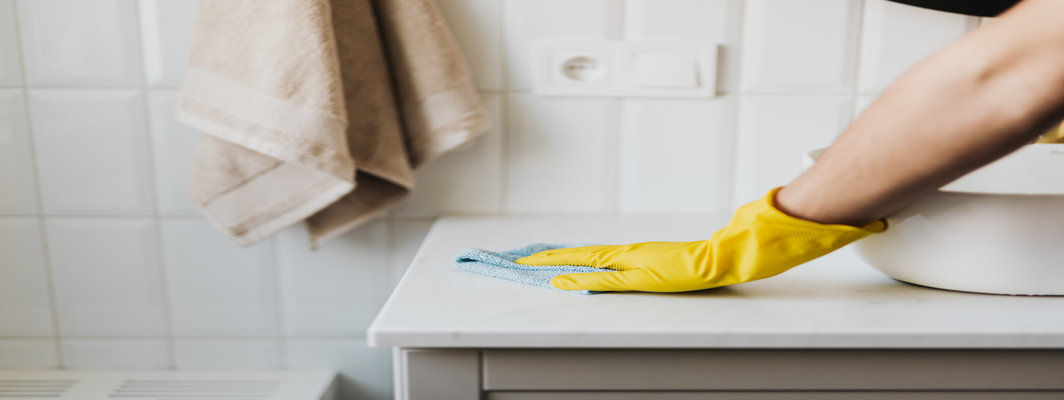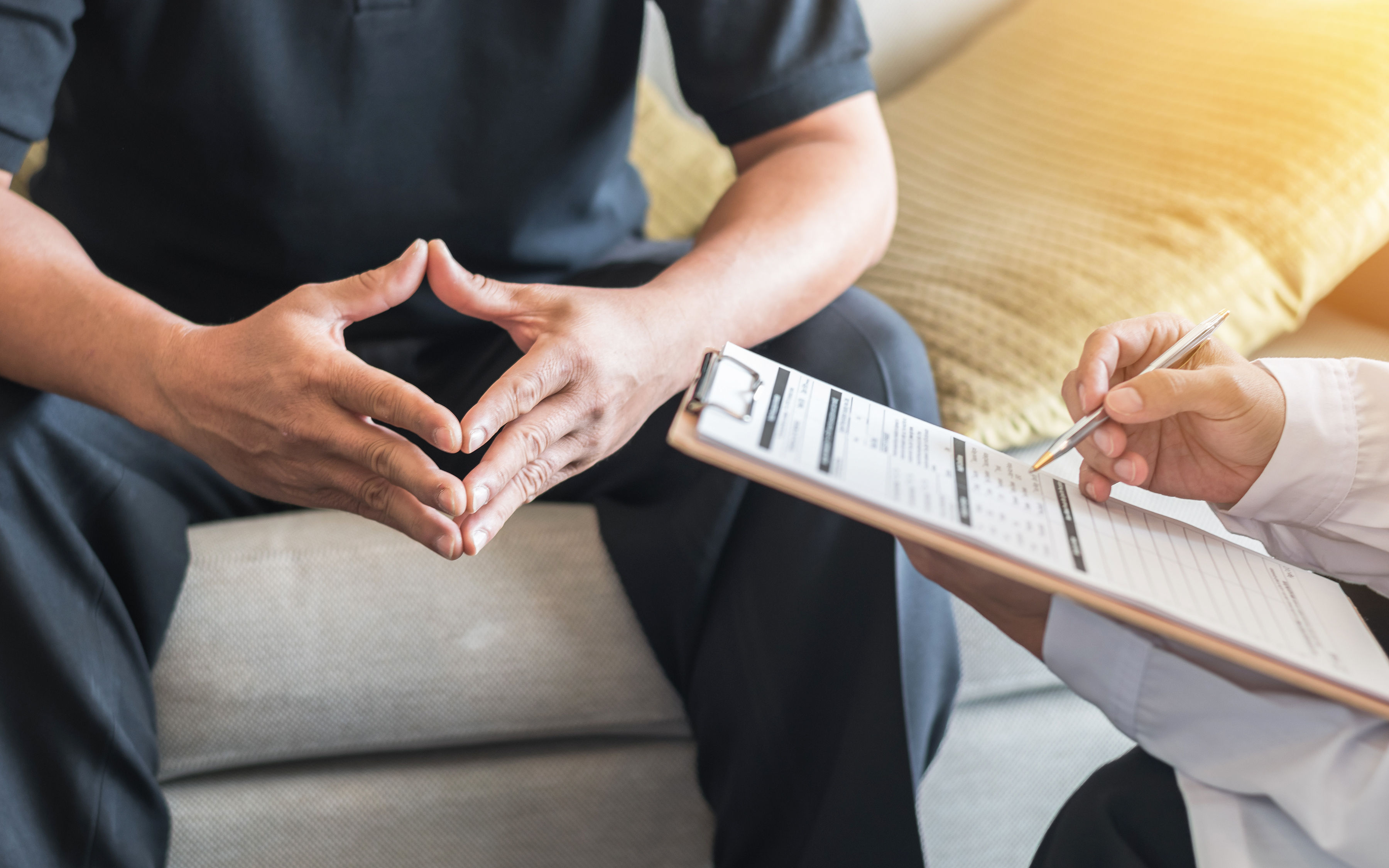Coronavirus Updates
How Can Seniors Living Alone Cope with the Pandemic?
7 min read
By Apollo 24/7, Published on - 01 August 2020, Updated on - 18 October 2022
Share this article
10
21 likes

In the pre-COVID era, getting together was considered a great way to deal with a crisis. The COVID-19 pandemic has changed that. We are now being advised to keep away from one another by self-isolation and social distancing. Social distancing, along with other measures such as frequent handwashing and wearing masks, has been recommended to curb the spread of the novel Coronavirus.
However, social distancing may cause a lot of inconvenience and anxiety among older adults, especially those living alone. Since older adults fall under the high-risk category of severe illness due to COVID-19, they need to take extra precautions to protect themselves from getting infected by the Coronavirus. In addition, elderly people living alone may need emotional support and a helping hand for running errands like grocery shopping, stocking medical supplies, consulting their doctors, etc.
In this article will discuss how seniors living alone can cope with the pandemic. We will also look at how we can extend support to our elderly family members, relatives, or neighbours living alone to survive the COVID-19 crisis. Before that, let us understand why seniors or elderly people are more vulnerable during this time.
Why are older adults more vulnerable to COVID-19?
According to the Centers for Disease Control and Prevention (CDC), the risk of severe illness due to COVID-19 increases with age. This means that older adults are at the highest risk of severe illness which may require hospitalization, intensive care, or ventilator to breathe. In fact, 8 out of 10 deaths related to COVID-19 are in adults aged above 65.
The increased vulnerability of the elderly to COVID-19 may be because of the following:
- The immune system deteriorates gradually with age. A weaker immune system makes it harder for elderly people to battle infections.
- Elder people are more likely to have chronic medical conditions such as diabetes, heart ailments, lung disease, cancer, etc. which can hamper the body’s ability to recover from illness.
How can older adults protect themselves during the COVID-19 pandemic?
Since older adults are at higher risk of severe illness due to COVID-19, here’s what they can do to protect themselves:
- Stock up on regular medicines and supplies: If you are suffering from chronic conditions such as diabetes, respiratory disease, etc. and are taking medications regularly, you should ensure that your medicines are well-stocked. This will be beneficial for times when you cannot go out to the pharmacy store, for example, if there is a lockdown or you do not feel too well. An easier way is to order medicines via mobile health apps, which allow you the convenience of buying regular medical supplies without having to step out.
- Consult your doctor periodically: Apprise your doctor of your health condition and the different health readings you have been recommended to measure at home (blood pressure, blood glucose, oxygen saturation, weight, etc). Measuring vitals regularly also helps to identify early warning of any impending condition. Use a mobile health app to speak with your doctor remotely, from the safety and comfort of your home.
- Limit interactions: In normal times, interacting with people was always a good practice. However, at this time when we know that Coronavirus is transmitted person-to-person, you should try to limit interactions with people as much as possible. If you must interact, try to maintain a physical distance of at least 6 feet with the other person, while wearing a face mask.
- Wash hands often: This is one of the most effective ways to prevent Coronavirus infection. Washing your hands for at least 20 seconds with soap and water is recommended. Carrying a pocket hand sanitizer containing at least 60% alcohol is a good idea for times when you do not have access to soap and water. Avoid touching your mouth, eyes, and nose until you have cleaned your hands.
- Stay physically active: Try to engage yourself in some form of physical activity such as walking or do some light exercises, if your health permits. Staying physically active can lead to improved brain health, cardiovascular fitness, and the ability to carry out your daily activities. It can also reduce stress and anxiety while helping you sleep better.
- Keep yourself updated: Rumours and unproven remedies around COVID-19 can be ineffective or cause serious harm. They can also lead to stress and anxiety. Hence, you should keep yourself updated with the latest information from trusted and credible sources.
- Know whom to reach out during emergencies: Identify whom to reach out for help during emergencies. This person should be able to check on you in case you develop symptoms or become sick.
How older adults living alone can cope with the pandemic
Being in the high-risk category can be overwhelming for senior citizens and living alone may amplify their woes. This may cause stress and anxiety in the elderly resulting in:
- Worsening of chronic health conditions
- Altered eating and sleeping patterns
- Trouble concentrating or sleeping
- Deterioration in mental health
The WHO has suggested some measures that the elderly can adopt to cope with the pandemic. They are as follows:
- Stay in touch with your loved ones through telephone, video calls, social media, etc.
- Set a routine for sleeping, eating, and for things that you enjoy doing
- Eat healthy and well-balanced meals
- Indulge in physical activities to retain strength and mobility
- Meditate, stretch, and take deep breaths
- Know when to seek medical help and whom to reach out in case of emergencies.
How can we lend support to the elderly during the pandemic?
Many of us either have elderly parents who do not live in the city or have senior citizens as neighbours. There are a few things which we can do to support them through this pandemic and make them feel connected and safe. We have listed these below:
- Stay in touch with them regularly through telephone calls, video calls, SMS, Whatsapp messages, etc. Encourage them to stay connected with their families and friends.
- Deliver a home-cooked meal to them. Ensure that the food you give is packed in a disposable container. Wipe the outside of the container using disinfectant wipes.
- Run errands for them like buying daily essentials like bread, milk, eggs, vegetables, etc.
- Check if they have stocked up their regular medicines. If they haven’t, buy it and deliver it to them.
- If they do not know how to use a smartphone or laptop for video calling, show them how to do it. Also, help them stay connected with their doctors if they provide telemedicine services.
- Set up speed dials, emergency contacts, and add the COVID-19 emergency helpline numbers on their phone. Identify one person who lives nearby and can visit them in case of emergencies.
- Educate them about the symptoms of COVID-19 like dry cough, fever, difficulty in breathing, etc. if they do not know it already. Advise them to reach out to a doctor or hospital if they notice these symptoms.
Conclusion
Older adults have been hit harder by COVID-19 when compared to other age groups since they fall under the high-risk category. And living alone during this time can be challenging. However, adopting the above measures can ease the difficulties of the elderly. We should also do our bit to help our seniors by staying in touch with them regularly and providing help when needed. At the same time, we should also take the necessary precautions to prevent the spread of the COVID-19 infection.
Order medicines online to ensure you do not run out of your regular medications.
Coronavirus Updates
Leave Comment
Recommended for you

Coronavirus Updates
How do I reduce the risk of getting COVID-19?
The coronavirus is easily transmitted and hence, you should take precautionary measures such as physical distancing, washing hands frequently, covering your mouth while coughing or sneezing, refrain from activities that weaken the lungs (for.eg. smoking), etc.

Coronavirus Updates
What Items in the House Need to be Disinfected Regularly?
Surfaces of our household objects are one of the major sources of Coronavirus transmission. Hence, we should disinfect these surfaces regularly using the disinfectants mentioned in this article.

Coronavirus Updates
Exploring the Impact of COVID-19 on Men’s Health
Research suggests that COVID 19 survivors are at a risk of developing sexual, psychological and cardiovascular health issues. Read to know more.
Subscribe
Sign up for our free Health Library Daily Newsletter
Get doctor-approved health tips, news, and more.
Visual Stories

Decoding India’s Fungal Epidemic Triggered by COVID-19
Tap to continue exploring
Recommended for you

Coronavirus Updates
How do I reduce the risk of getting COVID-19?
The coronavirus is easily transmitted and hence, you should take precautionary measures such as physical distancing, washing hands frequently, covering your mouth while coughing or sneezing, refrain from activities that weaken the lungs (for.eg. smoking), etc.

Coronavirus Updates
What Items in the House Need to be Disinfected Regularly?
Surfaces of our household objects are one of the major sources of Coronavirus transmission. Hence, we should disinfect these surfaces regularly using the disinfectants mentioned in this article.

Coronavirus Updates
Exploring the Impact of COVID-19 on Men’s Health
Research suggests that COVID 19 survivors are at a risk of developing sexual, psychological and cardiovascular health issues. Read to know more.